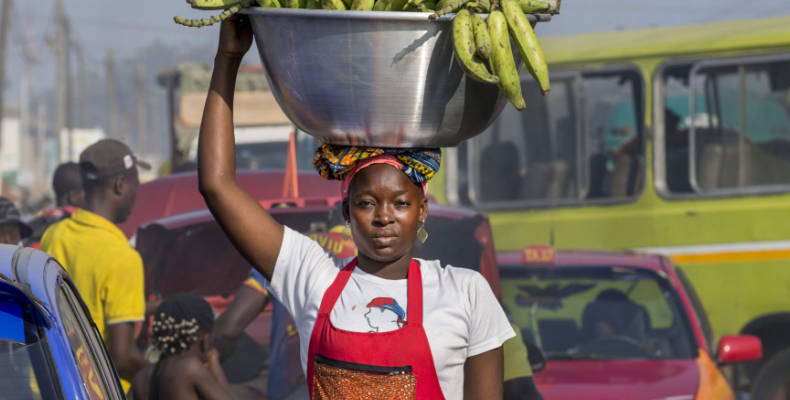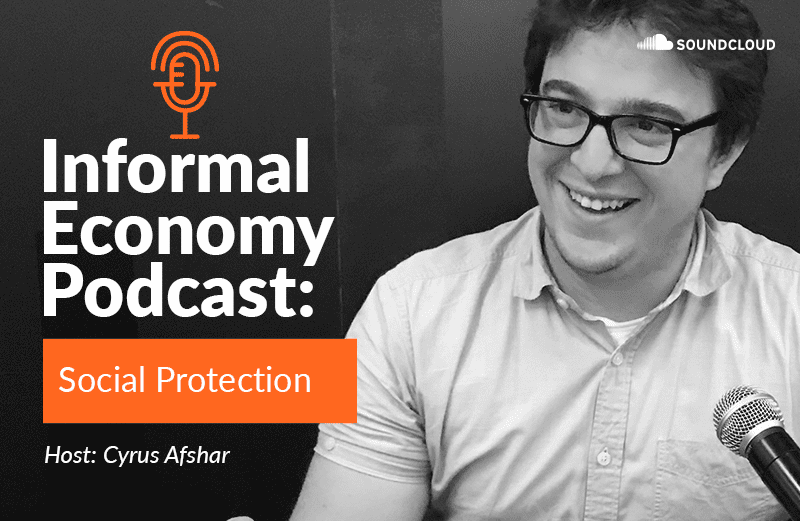
Millions of workers across the globe cannot access social benefits such as retirement funds, maternity benefits, health services, occupational health and safety, and child care.
In the industrialized North, many governments and employers have been withdrawing from welfare provision, pushing responsibility for social coverage onto individual workers, often by “outsourcing” work or “externalizing” workers. In developing countries, conditions of work are hazardous and precarious, with inadequate regulation of the working environment and little social protection. This is especially true for informal work.

Our three pillars
Social protection should be a right for all workers. Informal workers contribute to the overall economy. They should have the same rights as formal workers to social protection, and healthy, safe working conditions.
Most informal workers are poor. Consistently, they themselves list access to health services, child care, and pensions when they get older as high priorities in social protection. These three areas have become the three pillars of WIEGO’s Social Protection Programme.